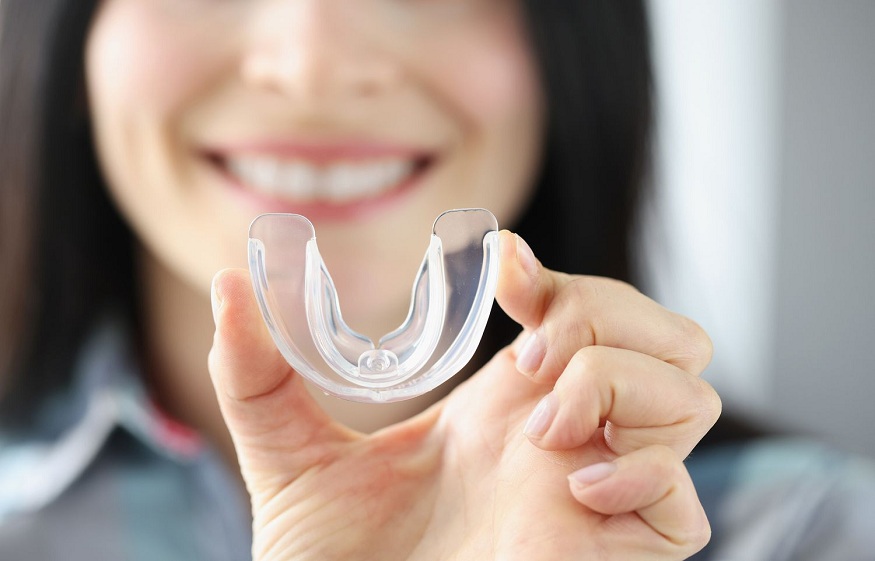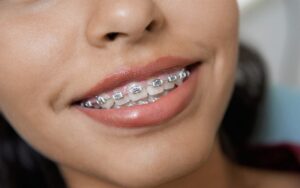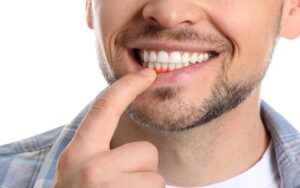
Sports mouth guards, also known as mouth protectors, sports guards, or athletic mouth guards, are worn during physical activity to prevent damage to the teeth, gums, and other oral soft tissues, as the dentists at north cypress recommend. The American Dental Association suggests that anybody who engages in contact sports or other activities where their mouth or teeth could be damaged wears a protective mouth guard.
The American Dental Association’s Council on Scientific Affairs and Council on Advocacy for Access and Prevention have laid forth the criteria for the perfect mouthguard, which are as follows:
A high-impact energy absorber to reduce or limit forces upon impact, a custom fit to the wearer’s mouth, and adaptation to individual oral structures. FDA-approved resilient material covering all teeth on the maxillary arch (upper jaw), comfortable and secure fit to the wearer’s anatomy and physiology, a low-impact energy absorber to protect teeth from mild impacts
Can you tell me about the many mouthguards available?
There are three distinct varieties of mouthguards, each with its own advantages and disadvantages in terms of cost, adjustability, comfort, tooth contact, and safety.
- Standard mouthguards are designed to fit the majority of mouths. They are the least expensive choice, but they don’t provide much in the way of comfort or security. Stock mouth guards necessitate constant repositioning during sports because they only stay in place when the mouth is closed.
- Boil-and-bite mouth guards are a practical compromise between off-the-shelf mouth guards and those built specifically for the wearer. The molding technique inspired their name.
- After being softened in hot water, a boil-and-bite mouth guard can be customized to the wearer’s mouth through biting pressure (tooth impression) and finger/tongue manipulation. Even though dentists may be able to help with the final shaping, you may find them at a wide variety of shops and even sporting goods stores.
- With their ideal fit, versatility, and safety, custom-fitted mouthguards are the finest option for athletes. However, they are the most costly and necessitate trips to the dentist for fitting and personalization.
When and why should you use a mouthguard?
Several studies have found that using a mouth guard can reduce the risk of:
- severe dental trauma, including lost or knocked-out teeth and
- jaw fractures
- soft tissue damage (especially to the lips, mouth, and cheeks)
The American Dental Association (ADA) reports that mouthguards reduce the likelihood of oral injury by a factor of 60 during sports. And every year in the United States, we avoid over 200 thousand mouth injuries due to sports.








